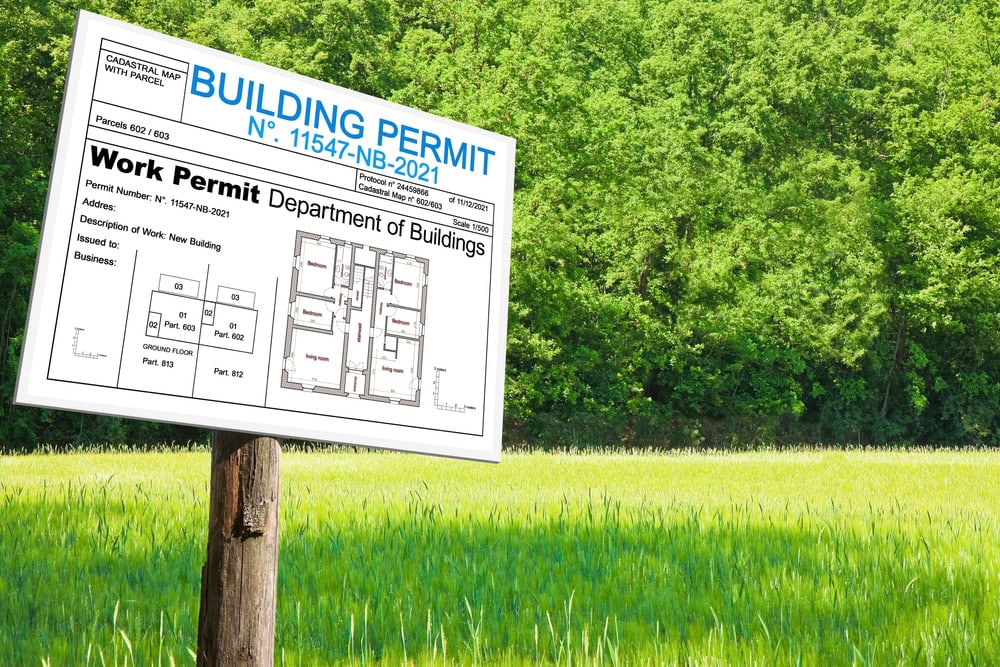How To Go From A Construction Manager To A Licensed Engineer
Construction management is a difficult, demanding profession – it involves long days at the job site in every weather imaginable, putting out fires from sun-up to sun-down (and often all the time in between!). If you’re a construction manager yourself, you may be thinking: why not just become an engineer? In many cases, you already … Read more










